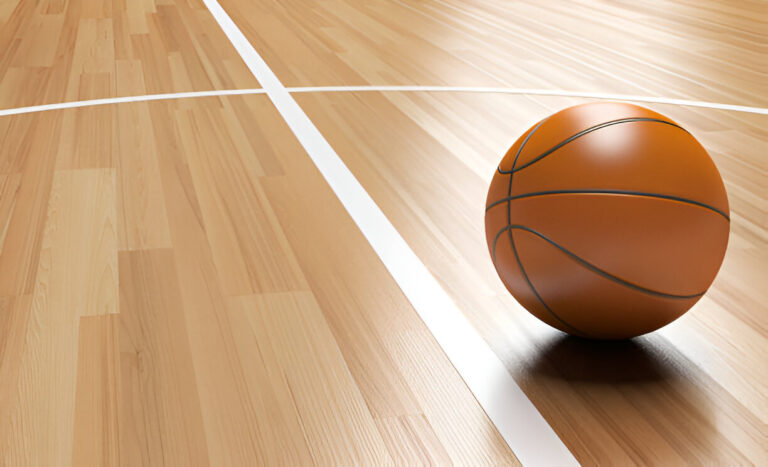Getting into college basketball requires more than just talent on the court. The journey involves balancing practice, academics, and personal growth. Players must work hard to improve their skills, stay focused in the classroom, and maintain discipline in all areas of life. Understanding the recruitment process, building connections with coaches, and being persistent even when faced with challenges are all essential for success. By remaining committed, players can increase their chances of being noticed and securing the opportunity to play at the college level. Although challenging, achieving this goal is possible with determination and the right mindset.
College Prep Basketball Programs
Entering college basketball requires more than talent; it demands dedication, effort, and proper training. College prep basketball programs help athletes prepare for the demands of playing at the next level. These programs focus on improving skills, building physical endurance, and understanding game strategies. Along with on-court development, they offer guidance on navigating the college recruitment process. Players gain valuable exposure through competitions, showcasing their abilities to college scouts. College prep basketball training also teaches players about discipline, teamwork, and the mental toughness needed to succeed in a competitive environment. By combining physical training and mental preparation, these programs help athletes grow as players and individuals, giving them a better chance at earning a spot on a college team.
Skills and Training
Consistent skill enhancement and training are the bedrock of basketball success. Athletes must engage in a regimen that goes beyond regular practice sessions. Incorporating innovative training methods used in professional circles can elevate an athlete’s game. Agility drills, hand-eye coordination exercises, and speed training are vital components that contribute to a player’s overall performance.
Dribbling involves more than merely bouncing the ball; it requires maintaining control and accuracy during quick transitions or intense defensive pressure. Shooting skills require a focus on form, balance, and accuracy to become a reliable scorer. Defensive maneuvers, on the other hand, count on anticipation, footwork, and resilience to effectively challenge opponents. By dedicating time to mastering these skills, athletes increase their value to college coaches scouting for well-rounded players. Video analysis tools also play an essential role, allowing athletes to visualize their movements and identify areas ripe for improvement.
Mental Preparation
Mental strength in basketball is just as important as athletic ability. Successful players frequently distinguish themselves by their capacity to stay concentrated and brutal when facing difficulties. By grasping the mental elements of sports, athletes can significantly improve their performance.
Techniques such as visualization help athletes anticipate real-game scenarios, enabling them to react quickly and efficiently under pressure. Mindfulness practices aid in reducing anxiety, facilitating a state of calm and concentration during critical moments. Setting realistic and progressive goals also motivates athletes, providing a clear roadmap to track their progress. By prioritizing mental preparation, athletes cultivate a competitive edge that is evident both on and off the court.
Navigating the Recruitment Process
The recruitment process can be overwhelming for many athletes, but understanding how to navigate it effectively is crucial. Being proactive is key—reaching out to college coaches and showcasing skills can make a significant difference. Creating a comprehensive player profile that highlights performance statistics, detailed highlight reels, and academic achievements can effectively capture the attention of scouts.
Engaging in showcase events and tournaments increases visibility, giving athletes more opportunities to connect with college scouts. Understanding recruitment timelines and maintaining good communication with coaches strengthens players’ candidacy. These steps ensure athletes are not only seen but remembered by potential recruiters. Athletes can stand out in the competitive college recruitment landscape by fostering open communication channels and demonstrating genuine interest.
Balancing Academics and Athletics
Finding an equilibrium between schoolwork and sports is vital for student-athletes. Effective time management techniques are crucial for ensuring that academic obligations align smoothly with athletic duties. By organizing priorities, establishing realistic objectives, and utilizing academic support resources, athletes can thrive in both fields without sacrificing their performance.
Educational institutions often offer tailored support systems for student-athletes, including tutoring, academic advising, and flexible scheduling to accommodate rigorous practice sessions or game schedules. Having these resources available helps ensure athletes maintain their academic standings while pursuing their athletic dreams, creating a well-rounded college experience that prepares them for life beyond sports.


